África/Europa/06 Noviembre 2016/Fuente y Autor:empresaexterior
Empresas, innovadores y tech hubs de Sudáfrica, Ghana, Kenia, Senegal, Cabo Verde, Costa de Marfil y Mauritania se encuentran con sus homólogos españoles para mostrarles soluciones, aplicaciones y casos de éxito concebidos en África
«Yo creo que nuestro gran reto en África en el sector de las tecnologías y el desarrollo es la inclusión entre las diferentes Áfricas, así que para nosotros ésta es una oportunidad para encontrarnos y entender cuáles son los retos en los diferentes países», explicó Emmanuel Henao, del tech hub Jokkolabs en el patio de Casa África. Recién llegado de Costa de Marfil, uno de los diez países donde Jokkolabs se implanta, Henao recordó que hablamos de 54 estados con contextos muy diferentes los unos de los otros y con agendas propias y ritmos de desarrollo distintos. «La tecnología nos puede dar una capacidad más colectiva en trabajar educación, agricultura, varios temas que son muy importantes», señaló, haciendo referencia a varios de los retos comunes a la mayoría del continente. Henao es uno de los participantes en el Forum de Tech Hubs España-África, organizado hoy y mañana por Casa África, con la colaboración del Gobierno de Canarias a través de PROEXCA, la Agencia Canaria de Investigación, Innovación y Sociedad de la Información (ACIISI) y el Clúster Canarias Excelencia Tecnológica.
IHub, Jokkolabs, The Innovation Hub o Akendewa son sólo cuatro de los nombres que figuran en la lista de invitados, representando la realidad innovadora de las nuevas tecnologíasen varios puntos de África subsahariana, donde se expande un efervescente ecosistema de empresas y centros tecnológicos de altísimo nivel, que se caracterizan por adaptarse a sus entornos y las necesidades de sus países y ciudadanos.
Junto a ellos, participan en el encuentro directores generales de telecomunicaciones e innovación de varios gobiernos africanos, que desgranarán la situación actual del sector en sus respectivos países, así como los desafíos a los que se enfrentan. La posibilidad de crear redes y partenariados entre España y los países africanos, la deslocalización de servicios en un mundo globalizado y la formación de los emprendedores y el refuerzo de sus capacidades figuraron en las mesas de discusión de la mañana, así como la ciberseguridad, la extensión y mejora de la conexión y los sistemas de financiación a startups.
«La mayoría de la gente que trabaja en los tech hubs es muy joven y tiende a experimentar mucho», subrayó Kirui Kennedy, de iHub, que explicó cómo su tech hub, que ha creado casi 200 empresas en unos ocho años, ha sido testigo del nacimiento de aplicaciones tecnológicas que mejoran la vida de la gente, como M-Farm, que ayuda a los agricultores a conocer los precios de mercado y vender mejor sus cosechas.
El foro consta de varias mesas redondas en las que se abordarán asuntos como el potencial de las nuevas tecnologías en África o los planes estratégicos en el sector de las TIC en Ghana, Kenia, Senegal, Mauritania y Cabo Verde. Asimismo, se expondrán casos de éxito en África y España y se habilitará un espacio para fomentar el networking entre empresas e instituciones africanas y españolas.
Cifras
La Asociación GSM (Groupe Speciale Mobile) afirma que, a día de hoy, funcionan en el continente africano 314 tech hubs repartidos en 93 ciudades de 42 países. A la cabeza en lo que a la proliferación de estos espacios de innovación y emprendeduría tecnológica se refiere se encuentran Sudáfrica (54), Kenia (27), Egipto (28), Nigeria (23) y Marruecos (21). Estos cinco países acumulan la mitad de los tech hubs africanos. Según datos de la GSMA también, la edad media de los tech hubs africanos no llega a los cinco años. Un 13 % de ellos se alía con operadores móviles como Orange, MTN o Vodafone; un 49 %, con empresas de telecomunicaciones como Microsoft, Google y Ashoka. Las páginas de Facebook de los tech hubs africanos aglutinan a un millón y medio de seguidores y las de Twitter, a unos 600.000.
Kenia y Sudáfrica son dos de los países que participarán en el foro, a través del trabajo de iHub y The Innovation Hub. Ihub es, probablemente, el más popular de los hubs de innovación africanos y surge en un contexto tan alentador como poco conocido. Kenia es punta de lanza de la revolución del dinero móvil: cuenta con más de 300 espacios de innovación tecnológica y Nairobi recibe el apelativo de Silicon Savannah por sus avances en finanzas digitales, incubadoras de empresas y aplicaciones. The Innovation Hub persevera, por su parte, como el primer tech hub subsahariano, con más de 14 años de experiencia impulsando iniciativas que apoyan la innovación y el desarrollo empresarial, sobre todo, en los sectores de industria avanzada, economía verde y ciencias biológicas. El crecimiento de la economía, la creación de empleo y la reducción de la pobreza figuran entre los objetivos de este espacio innovador.
Consciente de la vitalidad de estos ecosistemas tecnológicos, el fundador de Facebook, Mark Zuckerberg, visitó Kenia y Nigeria este verano y estuvo en las instalaciones de uno de los tech hubs que hoy nos acompañan, iHub. Facebook tiene ya 84 millones de usuarios en África y una previsión de 75.000 millones de dólares en publicidad gracias al comercio digital. La compañía abrió su primera oficina africana en Sudáfrica el año pasado y ya invierte en talleres y actividades en Kenia y Nigeria, ambos parte de la iniciativa Internet.org. Zuckerberg se suma así a una tendencia de empresas de telecomunicaciones y de desarrollo de software norteamericanas que organizan eventos e invierten en iniciativas en África.
A la sombra de esta realidad también luchan por hacerse un hueco en el panorama de la innovación tecnológica tech hubs que se expanden por África occidental destacan como Jokkolabs, ya presente en diez ciudades africanas con 200 espacios de coworking, o asociaciones como Akendewa, que se dedica a la formación numérica en Costa de Marfil, y empresas como Dev Engine Labs y ADNTEch (Senegal), CvickLda y ZING Developers (Cabo Verde), CINETPAY y Kaléjob (Costa de Marfil) y CAURIBOX (Mauritania), cuyos representantes participarán en este Fórum.
Los espacios de innovación están llegando a lugares que quizás no figuran en nuestro imaginario colectivo como los más propicios para desarrollar nuevas tecnologías, como Sudán del Sur, Níger o el norte de Nigeria, preparando el futuro, aprovechando la cantera de la inteligencia colectiva local y proponiendo soluciones a los problemas diarios del ciudadano medio.
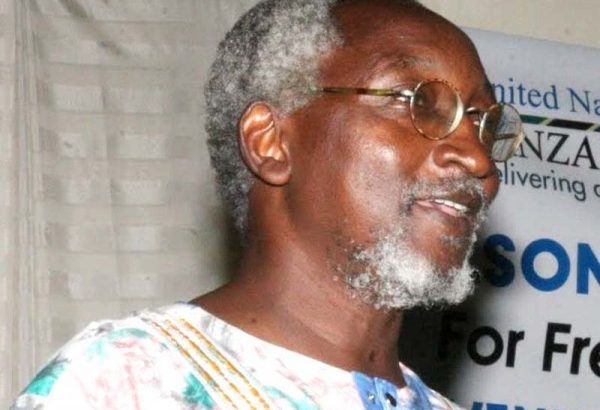
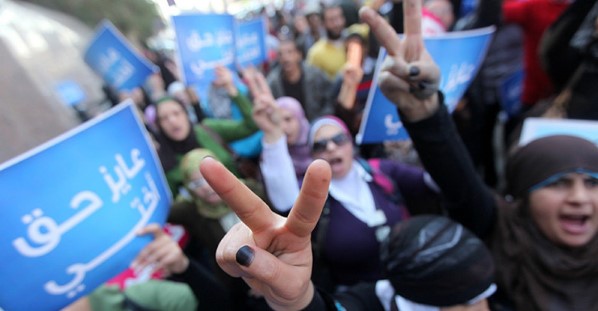
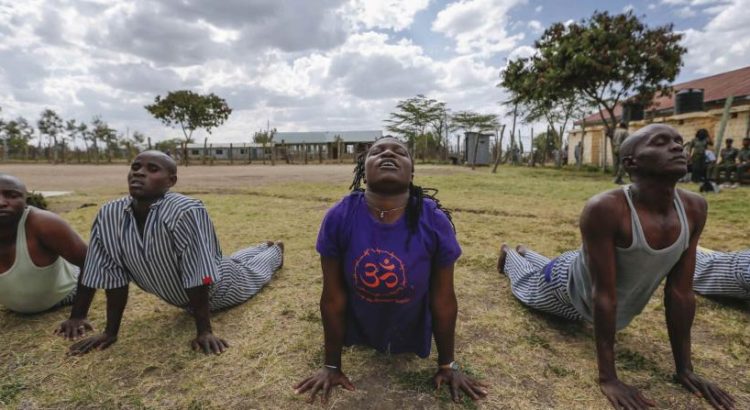
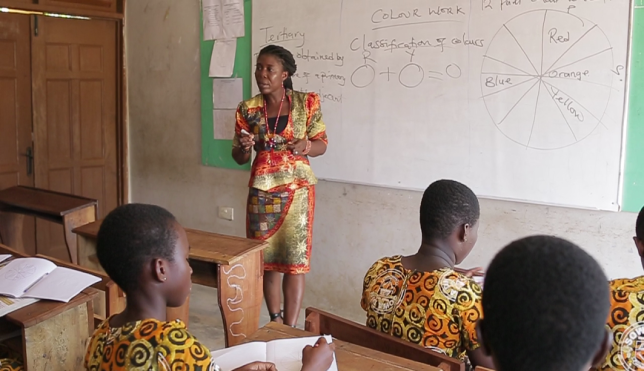
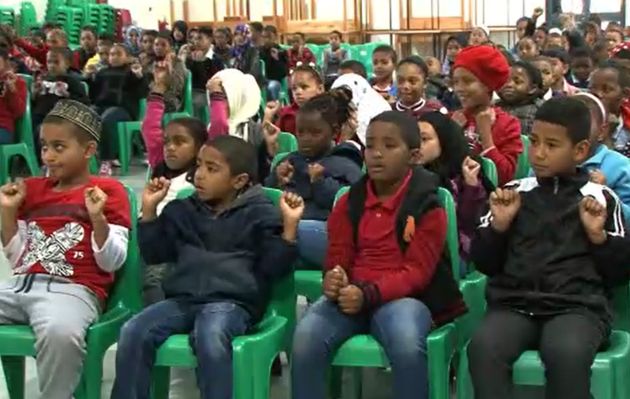

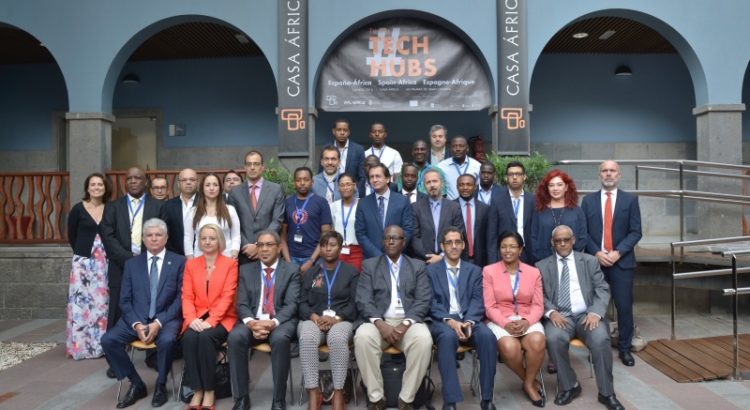








 Users Today : 10
Users Today : 10 Total Users : 35460789
Total Users : 35460789 Views Today : 16
Views Today : 16 Total views : 3420003
Total views : 3420003